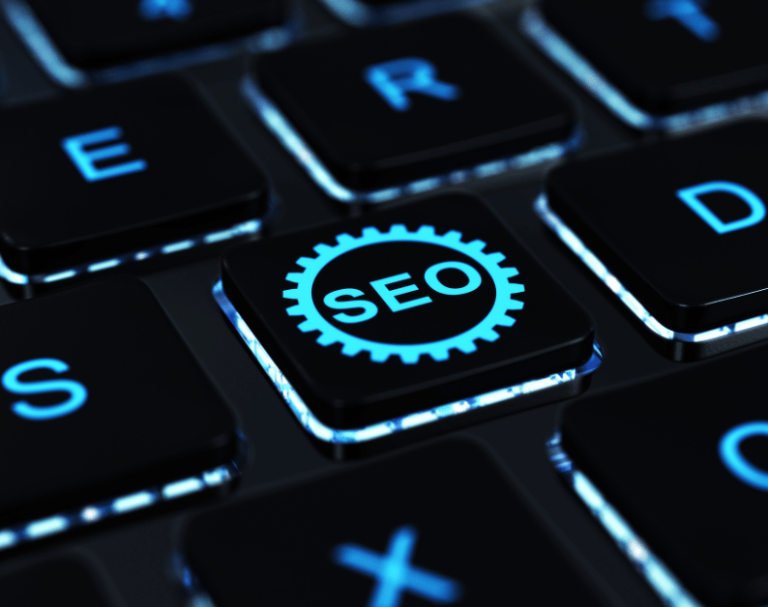Table of Contents
It would help if you used local SEO, or local search engine optimization from MRC SEO Consulting, to increase your website’s search engine visibility. Local SEO is essential to help visitors find your business, as they do not know what types of companies are in your city. Local search engine optimization helps them find your business and gives them the peace of mind that your business is organic. If you want to know how to implement local SEO, read on to discover some tips.
Content with a local focus
In addition to SEO content, local businesses will also benefit from a local focus. Google focuses on the organization’s profile within a local market, so links to websites in the local area will carry more weight than those from other websites. And, of course, traditional SEO activities will still impact local searches. In addition to creating content with a regional focus, local businesses should also include relevant, high-quality content about their area.
Adding local content to your website is crucial to your overall ranking, but remember that backlinks are important. An article published in Forbes is worth more than one issued by a spam website. Too many low-quality links will lower your search engine ranking. But local SEO content has its advantages. The majority of people conducting local searchers are looking for local businesses. It could be a restaurant in a neighborhood, a retailer of a certain item in a local area, or even a new hair salon.
Mobile accessibility
One of the most important things to consider when optimizing your website is mobile accessibility. Most internet users complete their searches on a mobile device, so an optimized site for mobile should rank higher on Google. Additionally, embedding a map on a site is a great way to get recognized on Google for local businesses. There are some specific guidelines for optimizing your website for mobile, so you should follow these best practices.
Link building
Links from relevant websites can boost search engine rankings and build brand credibility. They can also increase sales. Here are some tips on link building. First, make sure your link prospects are relevant and high-quality. You can do this by sponsoring a local club or event. You should also monitor mentions of your brand on social media to leverage existing exposure. Link building doesn’t necessarily need to be of high authority, but relevance is key.
Second, use your Google Business Profile to reference all business information. Use your Google Business Profile address everywhere else. Google has taken link signals more seriously in local search. With the recent algorithm updates, local search results are more diverse. The new algorithm ensures spam does not rank. The results for keywords related to your business within a physical location are more relevant to searchers than before. Therefore, it’s very important to make sure you’re using your business name and address everywhere else.
Authentic customer reviews
Authentic customer reviews are the lifeblood of local SEO. Customers who leave reviews about a business are more likely to check out that business’s website. They are also as persuasive as personal recommendations and can help you jump up in Google’s rankings. As part of its mission to connect users with the most relevant answers, Google values reviews for their authority. Links from other authoritative websites also add weight to the site’s ranking, so it’s critical to gather as many customer reviews as possible.
In addition to your reviews, you should also encourage others to review your business. The most trusted review sites are Google, Facebook, and Yelp. Building reviews on these platforms is a great way to boost your local SEO and increase user trust. Make sure to respond to reviews positively, and offer to fix any problems if they are unsatisfactory. While Google doesn’t always agree with your review, it does show that you value your customers’ opinions.
Page loading times
Google takes into account page loading times when ranking websites. Slow pages are a huge turn-off, killing rankings in search results. Google wants users to experience the best site possible, so they send traffic to sites that load quickly. It also knows that slow-loading pages lead to poor conversion rates. Without a fast page, users may never visit your site. Slow loading pages also lead to high bounce rates, negatively impacting user engagement and interaction metrics.
To determine how fast your site loads, use a free tool to check the load time. Most of these tools require the URL of your website. If it does not, you can purchase the paid version. Once you’ve got the URL, you’ll be able to analyze your page’s performance. Using page speed analytics, you can compare your site’s load time against competitors and other websites. Page speed is crucial to a successful local SEO campaign.
Analyzing results
An analysis of Google’s algorithms for local searches identified several factors. Ranking factors were categorized into Ordinal and Categorical factors. Ordinal factors were numeric, with sites receiving higher rankings for higher values. Categorical variables were yes/no, and those with more reviews and ratings tended to rank higher. Both factors were equally important, and incorporating both into a local SEO campaign can increase local customers’ chances of being found.
Another important factor to consider when implementing local SEO is location. You can refine your search results by entering a postcode or region to get more specific results. For instance, you can enter “NW1” to see results for the area of north London. Then, refine your local SEO research only to include results for this area. The resulting reports will allow you to benchmark your search engine optimization against your competitors.




